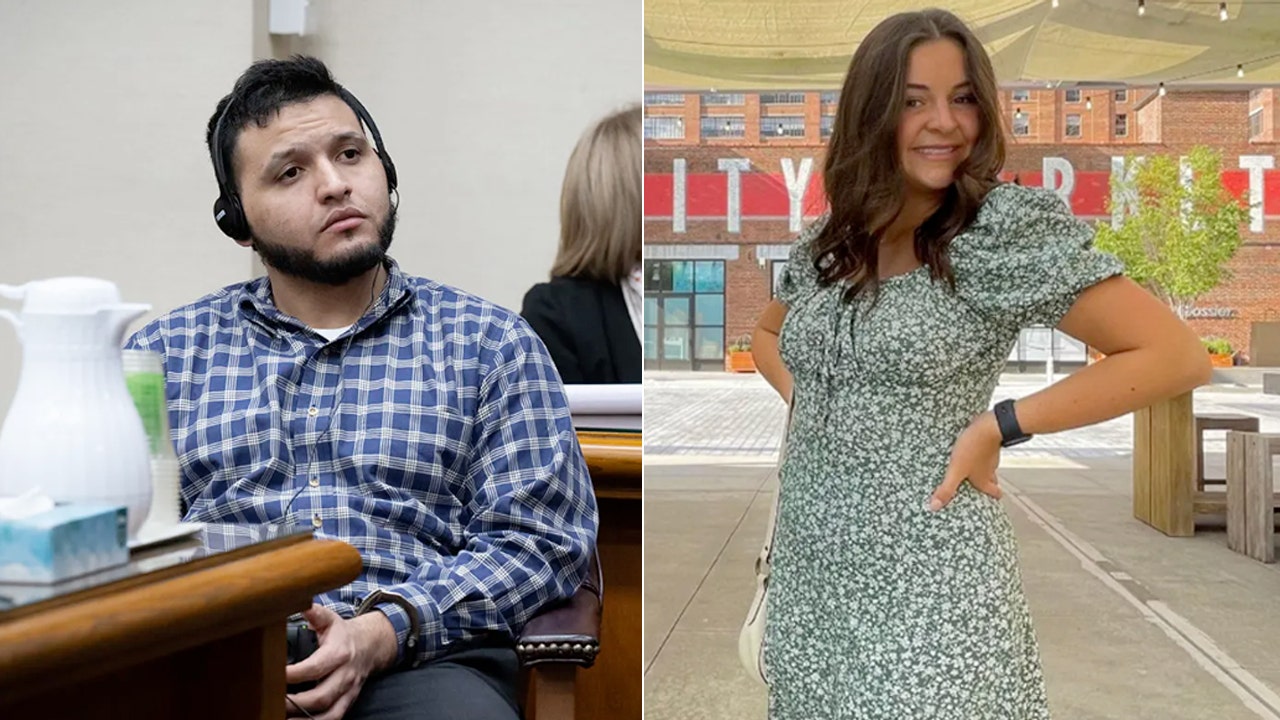Laken Riley’s killer Jose Ibarra wins court order for mental evaluation

The case of the illegal immigrant convicted in the murder of Georgia college student Laken Riley took a new turn on Thursday when a judge ordered that the defendant undergo a mental evaluation. Jose Ibarra, who was found guilty and sentenced to life in prison without parole for Riley’s death, had his competency to stand trial called into question by his attorney last year.
Judge Patrick Haggard issued the ruling for the Georgia Department of Behavioral Health and Developmental Disabilities (DBHDD) to conduct a mental evaluation of Ibarra. This evaluation will determine his competency to stand trial and assist with post-conviction proceedings, including his appeal case. The judge emphasized the importance of evaluating Ibarra’s mental state to ensure a fair legal process.
Ibarra’s attorneys had previously raised concerns about his mental capacity to understand the legal proceedings and prepare a defense. They suggested that he may be suffering from a congenital deficiency that impairs his ability to participate in his own defense. The judge’s decision to order a mental evaluation at a state facility or hospital comes in response to these claims.
Prosecutor Sheila Ross, however, noted that there was no evidence during the trial to suggest that Ibarra was mentally incompetent. Despite this, she did not oppose the judge’s decision to have him evaluated. The case of Laken Riley’s tragic death has garnered national attention due to Ibarra’s illegal status as an immigrant from Venezuela.
Ibarra, 27, attacked and killed Riley while she was jogging near Lake Herrick on the University of Georgia campus. The brutal nature of the crime shocked the community, as Ibarra reportedly dragged Riley into a wooded area and repeatedly beat her head with a rock. The case highlighted the debate around illegal immigration and the consequences of releasing individuals into the country without proper oversight.
Ibarra’s journey to Georgia began when he entered the United States illegally through El Paso, Texas, during the Biden administration. He was subsequently released into the U.S. on parole before being arrested in New York for unrelated charges. This tragic incident has sparked conversations about immigration policies and the need for comprehensive reform to prevent similar tragedies in the future.
The judge’s order for a mental evaluation of Jose Ibarra reflects the complexity of the case and the legal considerations involved. The outcome of this evaluation will play a crucial role in determining the next steps in the legal process and ensuring justice for Laken Riley and her loved ones.




